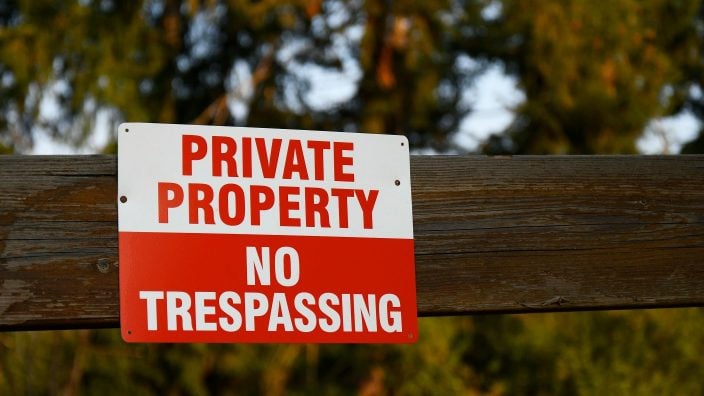Legal with Leah: The questions around data centers
Leah Curtis joins this Legal with Leah to talk about what data centers mean for local communities and how to stay engaged in the development process
Read MorePolicy Counsel Leah Curtis discusses Ohio trespassing laws and the liability that can fall on landowners when people enter their property.
Trespassing is a concern that a lot of farmers and rural landowners unfortunately have to deal with. On this episode of Legal with Leah, Ohio Farm Bureau’s Policy Counsel Leah Curtis discusses trespassing laws and the liability that can fall on landowners when people enter their property.
Listen to Legal with Leah, a podcast featuring Ohio Farm Bureau’s Policy Counsel Leah Curtis discussing topics impacting farmers and landowners.
Ty Higgins [00:00:00] Ohio Farm Bureau wants landowners to have quality information to help manage their property. That is where the newly updated Ohio Landowner Toolkit comes in handy exclusively for Ohio Farm Bureau members. It was created to give our members the knowledge and tools necessary to manage their land responsibly and productively. Leah Curtis, policy counsel for Ohio Farm Bureau, joins us for this Legal with Leah to continue our conversation about topics found in that landowner toolkit. Today we’re talking landowner liability, trespassing. A concern that a lot of farmers and rural landowners unfortunately have to deal with. And today we’re going to discuss this and the liability that comes when people enter your property. Leah, trespassing is a criminal issue, correct?
Leah Curtis [00:00:42] Trespassing is what we call a fourth degree misdemeanor. And then, of course, if there are any other illegal activities that might be happening along with that trespassing, theft, property damage, those kind of things, those may be additional crimes. But sometimes landowners get frustrated because it can be difficult for law enforcement to address trespassing, particularly if they cannot catch that person in the act, so to speak. So it is always good to try to work with law enforcement, though, when you do have these issues. We want people to stay safe and and not necessarily confront those trespassers directly. So working with your law enforcement, documenting those instances is always a good help.
Ty Higgins [00:01:20] You know, a lot of times people are concerned. They hear stories about trespassing and the landowner being sued for injuries that trespasser suffers. Do things like that really happen?
Leah Curtis [00:01:30] I would never say never, but those circumstances are pretty rare. But they become kind of urban legend and myth. Somebody was crawling on someone’s roof and fell through and then they sued them. Under Ohio law, generally, a landowner doesn’t have a duty to a trespasser except to avoid purposefully injuring them with intentional or willful misconduct. That means actually harming them directly. So this changes a little if a trespasser is known to you though, and that’s one thing I want to highlight. Either you know the trespasser is coming on regularly. Maybe you’ve already seen them. You do then have a duty to warn them of unnatural and concealed dangers. In law school, this was the manmade bear trap rule. You got to warn them about those manmade bear traps. You know, if you’ve dug a hole and put a put a cloth over top of it to catch a bear, you might want to let them know. But generally, again, you can’t intentionally harm them. If you do have these unnatural, concealed dangers, those might be necessary to be warned of. Otherwise, liability is fairly limited when it comes to a trespasser.
Ty Higgins [00:02:34] Does the law treat children differently?
Leah Curtis [00:02:37] Yes. And this is something that we hear a lot of questions and concerns about. Ohio law does follow what’s called the attractive nuisance doctrine, which means we do give special protection to child trespassers in certain circumstances. Again, there’s going to be a lot of urban legend around this. But basically the law says that you could be liable for injuries to a child trespasser if there was an artificial condition on your property that is dangerous but attractive to children. Now, this is not like an automatic thing. A court has to go through a number of factors to determine if liability was appropriate, including whether the landowner knows or had reason to know that children were likely to trespass. Did they know the condition had an unreasonable risk of death or injury? That the children that were trespassing could not understand the risk? That the need for the condition was slight compared to the burden of eliminating it? And then whether the landowner exercised reasonable care in eliminating the danger to protect children. So there are all these factors that go through. So the court would have to look through all those things before they determine whether there actually was liability in an attractive nuisance situation.
Ty Higgins [00:03:44] So what types of artificial conditions are things that landowners should be concerned about?
Leah Curtis [00:03:48] So the main example, the one that really solidified/created where the court found attractive nuisance to apply is an opened, abandoned swimming pool. So in that situation, there was an abandoned swimming pool, it was collecting rainwater, frogs and other critters in it and became a significant hazard. So open swimming pools. And again, cases like this are rare, but this is one of those times where you might want to look around for things that are not natural to land, things that you’ve added to the property and might have a really high risk of danger to children.
Ty Higgins [00:04:22] One of the questions a lot of people ask us is how do I make myself not liable or how do I keep someone from suing me? What can a landowner do?
Leah Curtis [00:04:30] So that is a very tough question. And we do get it a lot. They say, you know, I want to remove all liability. That’s very hard to do because, first of all, whether someone’s liable is not, there’s not any clear cut rule. It’s going to be based on the individual facts of the situation. So there’s not necessarily a checklist of do this and do that and then you don’t have liability. And then second, there’s no real way to keep someone from suing you. We all have a right to the court system. And so the real question that I hope people can instead ask themselves is: where are there things in my property that might create a strong risk of injury? How can I reduce that risk? What are the things that I might do to limit that risk so then I can’t be found liable because I’ve taken those steps. So is there a barrier? Would a fence make sense? Could I add a simple warning sign? Things like that that can, in any situation, go toward the court considering that you’ve taken steps to prevent injuries and liability.
Ty Higgins [00:05:31] Are there at least some protections for landowners in the law depending on the circumstances?
Leah Curtis [00:05:35] Yeah, there’s various defenses in the law that might be available depending on the situation. And so, again, we’ve already talked about adult trespassers. Generally, the law is going to say you have no duty to them. You’re not generally going to be liable to them. But even people you might have on your farm as guests or as business customers, there may be defenses if someone’s hurt and tries to sue you. For example, there’s a recreational user statute which protects leaders from liability when they have allowed others to use their property for recreational things like hunting. There’s an agritourism liability defense. If a landowner has put appropriate signage up and someone’s injured as a result of the inherent risks of agritourism activities. And so there are a number of defenses that do clear you from liability or prevent liability, and you just need to be aware of those, but also aware of what are those risks on your property.
Ty Higgins [00:06:27] People want to find out more about landowner liability where can they turn?.
Leah Curtis [00:06:29] Our members can access the Ohio Farm Bureau Landowner Toolkit through our website. And we cover all of these type of liability topics, the different types of duties that you have to different people on your property, as well as some of those immunity protections that are available under the law.
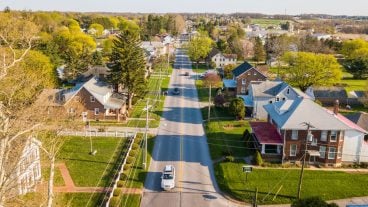
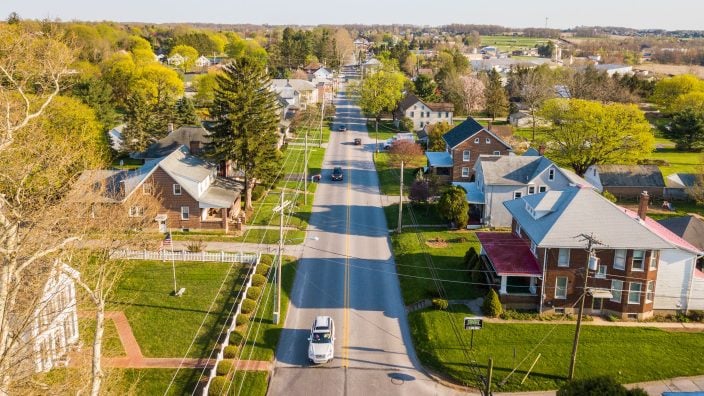
Leah Curtis joins this Legal with Leah to talk about what data centers mean for local communities and how to stay engaged in the development process
Read More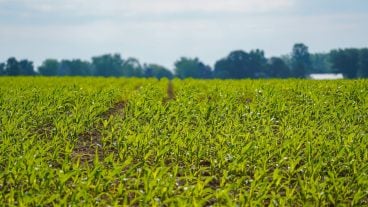
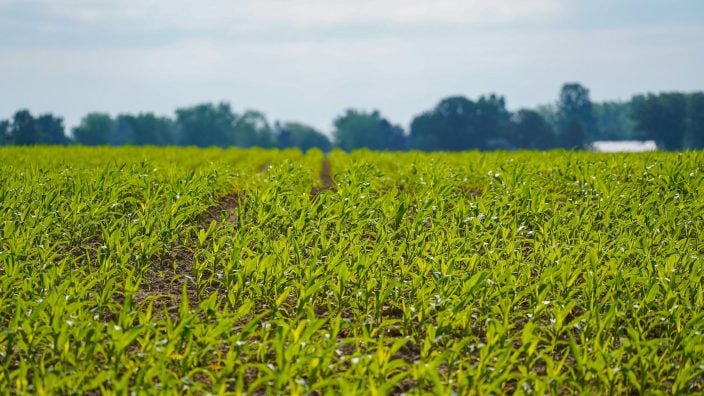
Ohio Farm Bureau advocated for a change in the law to allow family members and employees to handle pesticides while under the supervision of a licensed applicator. The rules around HB 10 are being finalized.
Read More

Four property tax reform bills were signed into Ohio law at the end of 2025. Ohio Farm Bureau Associate General Counsel Leah Curtis breaks down the bills and what the changes mean for Ohioans.
Read More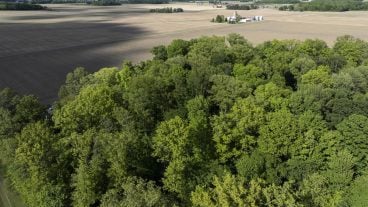

Learn what the requirements are to legally fly a drone in Ohio as well as steps the Ohio Legislature has taken in terms of security concerns.
Read More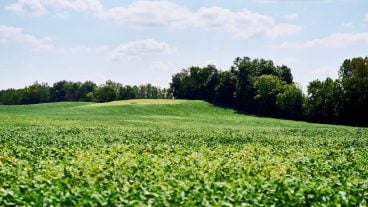
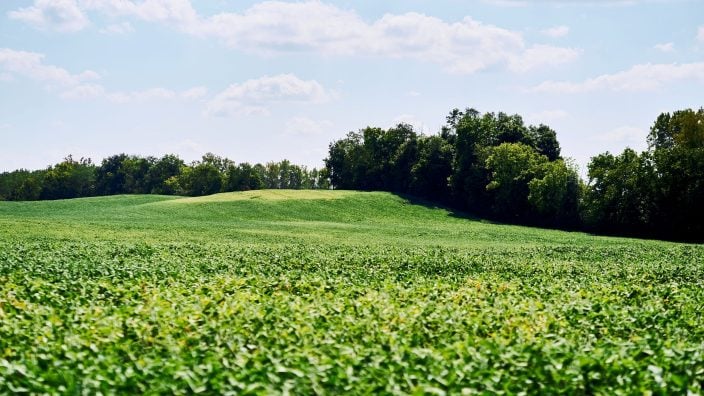
In 2025, about 21 counties are going through a reappraisal or update, and because Ohioans pay taxes one year behind, they will see new property tax bills in January 2026.
Read More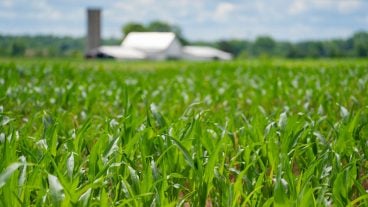
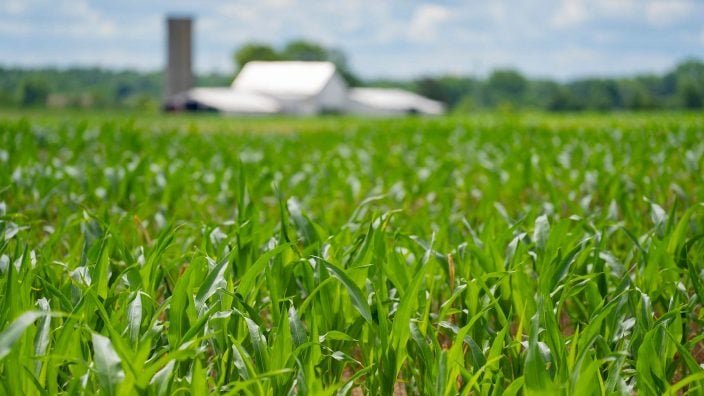
Any unlicensed handlers who use restricted use pesticides will need to have additional training. Farm Bureau will be working on legislation to give employers a choice on how to provide training.
Read More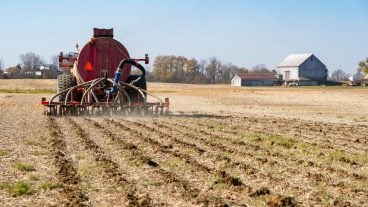
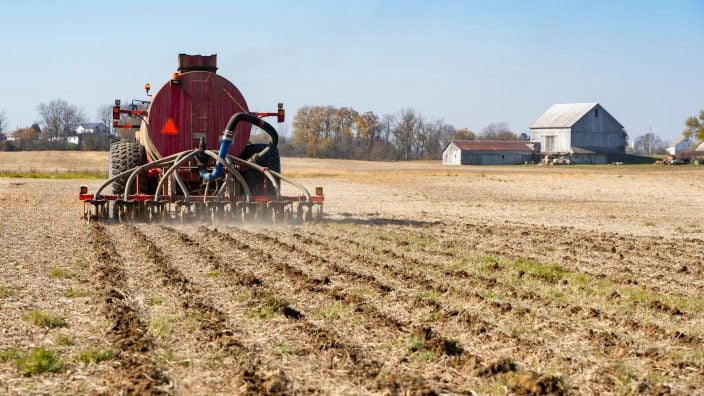
Current Agricultural Use Value is often discussed as a farmland preservation tool, but there are some other tools in the law that landowners can consider.
Read More

Update: As of Feb. 27, 2025, the Financial Crimes Enforcement Network announced no fines, penalties or enforcement action will be taken against companies based on failure to file or update BOI by March 21.
Read More

Update: As of Feb. 27, 2025, the Financial Crimes Enforcement Network announced they would not issue any fines or penalties or take enforcement action against companies based on failure to file or update beneficial ownership information reports by the March 21, 2025, deadline.
Read More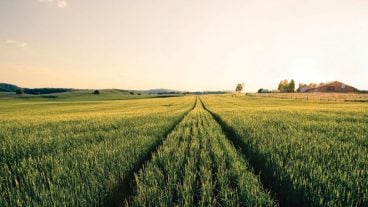

Update: As of Feb. 27, 2025, the Financial Crimes Enforcement Network announced they would not issue any fines or penalties or take enforcement action against companies based on failure to file or update beneficial ownership information reports by the March 21, 2025, deadline.
Read More